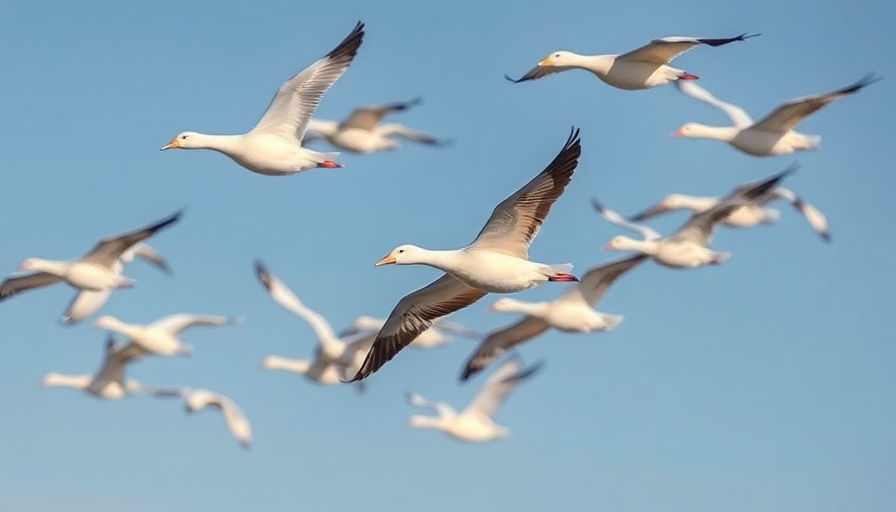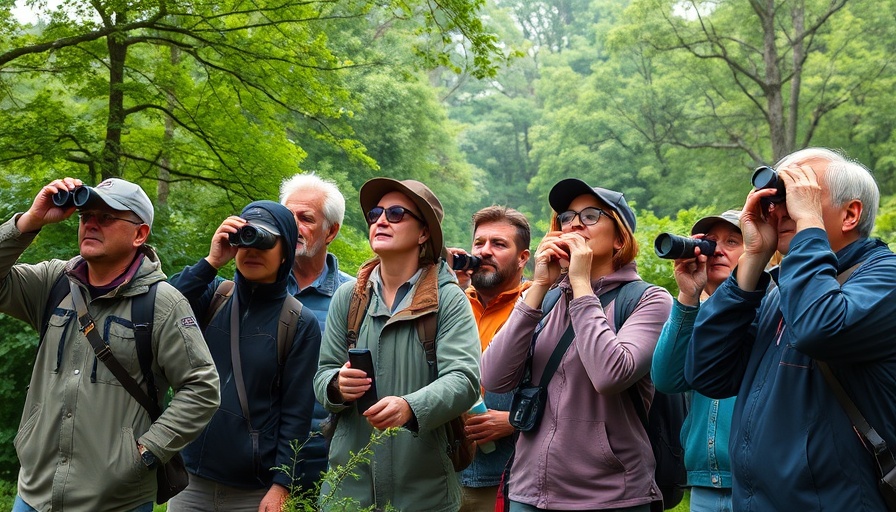
Understanding Avian Influenza and Its Impact on Local Birdlife
Avian influenza, commonly known as bird flu, has become a concern for birdwatchers and backyard bird feeding enthusiasts. The recent outbreak has raised questions about its implications for wild bird populations and the potential risks it poses to both avian and human health. Wild birds can be carriers of the virus without showing symptoms, leading to the possibility of spreading the disease in local ecosystems.
Why It Matters: The Importance of Bird Feeders
Bird feeders are an essential support system for many species during winter months and times of scarcity. However, they can also become a hotspot for disease transmission if not managed properly. The Cornell Lab emphasizes that while some bird species may be more vulnerable, the risk of contracting avian influenza remains low for the average bird feeder in urban areas. Therefore, understanding the proper precautions can ensure the safety of both birds and humans.
Precautionary Measures: Your Guide to Safe Bird Feeding
For those concerned about bird flu, there are actionable steps one can take. Clean feeders regularly with a diluted bleach solution to minimize the risk of disease; avoid feeding when sick birds (unusual lethargy, lack of coordination, etc.) are observed; and consider using seed mixes that discourage ground feeding, reducing the risk of contamination from droppings. Birdwatchers are encouraged to stay informed and share findings with local conservation groups to monitor and manage the situation effectively.
Future Insights: Potential Trends in Avian Health
As public awareness around zoonotic diseases increases, it's crucial to keep track of future outbreaks and their impact on wildlife. Engaging in bird conservation efforts, supporting biodiversity, and advocating for healthy ecosystems can all contribute to safeguarding avian populations. By participating in citizen science initiatives, bird enthusiasts can help gather vital data that can influence disease management practices moving forward.
 Add Row
Add Row  Add
Add 




Write A Comment